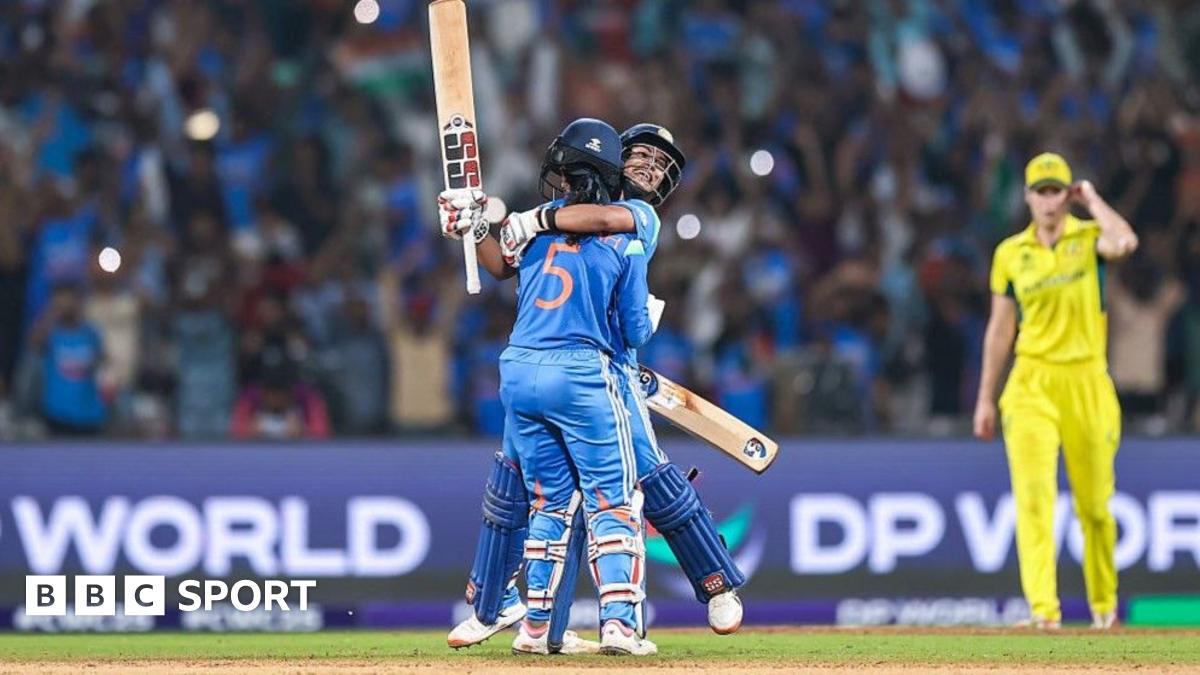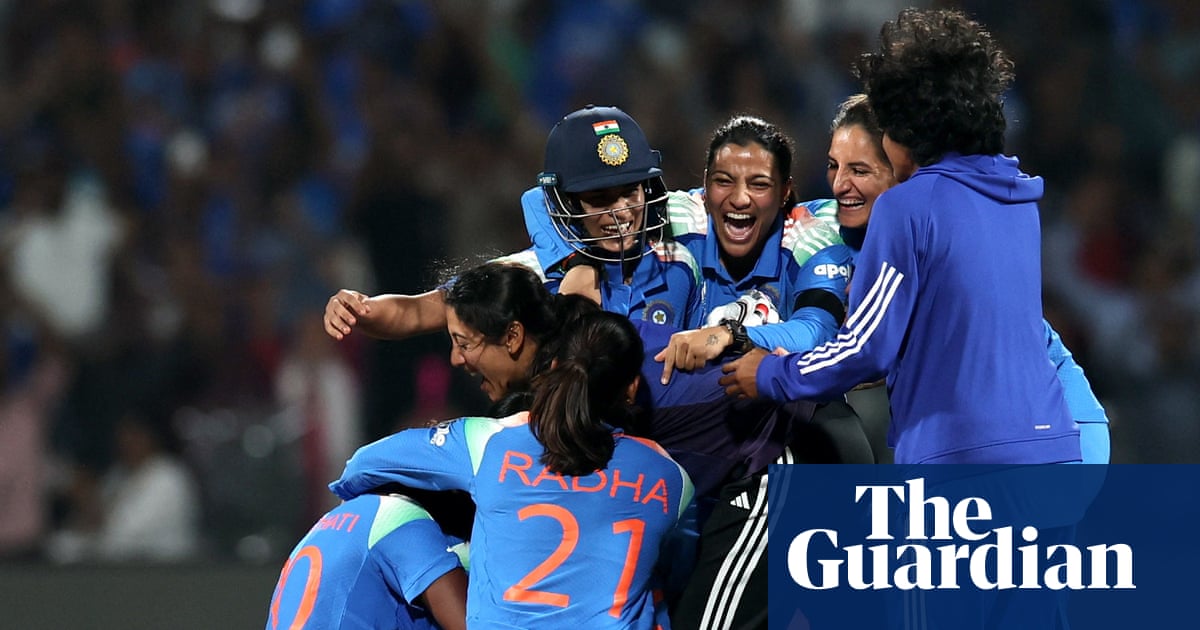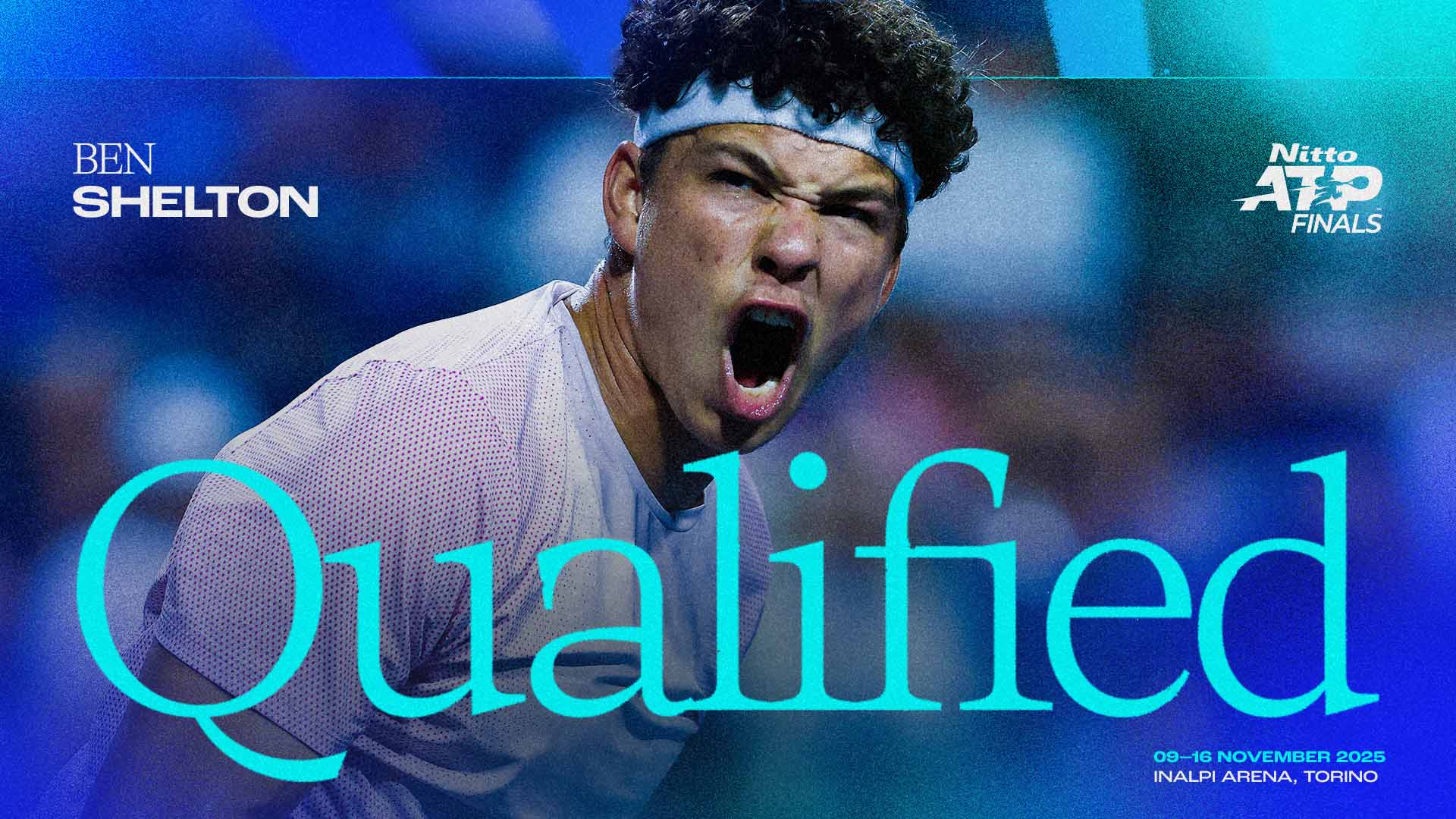Where will New Zealand's next national team coaches come from?

Analysis - Some of New Zealand's current national team coaches have played the game at the highest level, most have coached domestically, but when the time comes, how will their successors be found?There is no magic formula to guarantee coaching success. Or a singular pathway that coaches follow to get to the coveted top job.Sometimes the role becomes available unexpectedly. Other times the next in line is being primed for the take-over when the time is right.Different sports governing bodies have different preferences about what is on a resume when appointing a head coach and appointments are now scrutinised in a way they would not have been 30 years ago.In 2020 High Performance Sport New Zealand (HPSNZ) partnered with National Sporting Organisations (NSO) to help develop high performance coaching pathways to foster the next generation of coaching talent.HPSNZ's general manager of performance and partnerships Eddie Kohlhase said during the pandemic some coaches moved away from sport. To combat the exit HPSNZ targeted those just below the elite coaches, with close to 600 coaches over the past five years supported to develop their skills through a core knowledge programme.All with the hope of helping to put them on the path to the big jobs.Helping NSOs "articulate what they want to see in their coaches" alongside talent identification and development was part of HPSNZ's role in the coaching ecosystem.Kohlhase said "ideally" New Zealand would be developing our own coaches but that was not the right fit for all athletes and all sports, with some codes or competitors better suited to coaches based off-shore.HPSNZ also took responsibility for "ensuring that the succession plans of the next coaches are being prepared in a way that's conducive to the contemporary environment"."The game hasn't changed but the environment has and everybody sort of understands that, but it just makes coaching, not that much more difficult, but it does require a bit of a step change I believe," Kohlhase said."Supporting contemporary coaching to meet contemporary athletes is a bit of a work on for us."Broken contracts, stalemates and the SOS to an interim coachSometimes it is a rapid descent, other times it takes years to fall apart, but however long it takes a souring of a relationship between a coach and players or a coach and administrators envitably spells the end.And puts the sporting organisation in need of a quick fix.An interim coach to plug the gap has been to go-to for several sports this decade.For some the temporary role becomes permanent, a kind of pseudo pathway to the top. Or a trial run.Netball is the latest to turn to a place-holder coach while they deal with a bump in the coaching road. Netball New Zealand (NNZ) would not have envisioned the type of stalemate they had with Silver Ferns coach Dame Noeline Taurua over the last couple of months when they reappointed her in 2024.When Taurua was first parachuted into the role in 2018 she was a saviour. Now NNZ have needed to send an SOS again.At short notice,Yvette McCausland-Durie stepped into the interim role until the end of November's tour to the United Kingdom, temporarily leaving her new career in education to fill the void.NNZ said this week that Taurua was contracted until after next year's Commonwealth Games and that has not changed. She has been re-instated, with a return date mooted to be at the end of the year, when all the internationals are over.Other coaches do not get to make a comeback.Former Football Ferns coach Jitka Klimkova left three years before her contract was up.In a messy situation that involved Klimkova handing over the reins to assistant coach Michael Mayne months before she officially left the role, Mayne eventually transistioned from fill-in to fulltime.New Zealand Football also opted for the interim coach pathway to appoint All Whites coach Darren Bazeley.Bazeley took on the fulltime role in 2023 after time spent filling in following the departure of Danny Hay.Hay left after the failed 2022 world cup qualification campaign and the search for his replacement was drawn out and partly played out in the media before Bazeley was given the nod.The Black Ferns have had three coaches in four years.Glenn Moore resigned after a scathing review into the team culture in 2022. Wayne Smith temporarily replaced Moore to take the team to the home world cup, which they won.Smith was well-known to New Zealand Rugby and he completed the fix-it job they needed, but he was not planning on it being a long-term job.So NZR moved on and former sevens coach, and member of the Black Ferns coaching staff, Allan Bunting got the role. A contract which was up after this year's third place finish at the Rugby World Cup.Tried and true versus breaking the mouldThe All Blacks have always been coached by New Zealanders.Often New Zealanders that have been promoted from within. Assistant coaches become the head coach, even if it takes a few years to eventuate.However, current head coach Scott Robertson did not follow that path. The former Crusaders coach was appointed to the All Blacks coach role in 2023, for a 2024 start, after previous failed attempts to win the role.The next All Blacks coach is unlikely to one of Robertson's assistants. He has already lost two assistant coaches during his time at the helm.Robertson is contracted until after the 2027 Rugby World Cup and whether he stays or goes will be hotly debated by fans, the media and around the New Zealand Rugby boardroom table.Not only did Robertson's coaching background somewhat break NZR's mould so did the process to appoint him.The way Robertson got the role was criticised by the man he replaced, Ian Foster. A repeat of naming a new head coach while the current coach still has a major tournament to guide the team to would not be recommended.The Silver Ferns have had 11 permanent head coaches in the team's history - all of them New Zealanders, though not all born in New Zealand.The pathway most of the recent coaches took was from playing at the elite level, to coaching domestically, to working with national age-group sides or as an assistant coach for the Silver Ferns before taking the top job.Prior to Taurua, who has a Masters of Science in performance coaching, the team was guided by Janine Southby who was a product of the Netball New Zealand High Performance Coach Pathway and also did the HPSNZ Coach Accelerator programme. She did not play for New Zealand.NNZ will have to advertise the head coach role again next year, once Taurua's contract is up in August, and NNZ boss Jennie Wyllie said the last couple of months would guide them."We can always learn from what we have been through and it has been a really challenging time but we are confident in the long run netball will be better for this."Now is the time for NNZ to consider what the non-negotiables are for a future coaching team.How wide they cast the net to find the 12th coach of the Silver Ferns, or far they stray from the past formula, will be something they will have to consider probably sooner than they expected.Michael Mayne is the first New Zealand-born Football Ferns coach in more than 20 years.NZF would have banked on him having another three years in the deputy role before stepping up, but he does follow a formula that NZF likes. Coaches who have worked in the youth or age-group system in New Zealand, something that Jitka Klimkova had also done.Mayne took pathway of being an age-group coach with the New Zealand under-17 and under-20 women's teams before linking up with the senior side.Darren Bazeley is the 19th All Whites coach since 1964. The Englishman has been involved with football in New Zealand since 2005, when he arrived as a player with the New Zealand Knights.Like Mayne, he has coached at age-group levels and the Olympics before taking the senior role.In football, coaching qualifications are also a must. Having different licences, FIFA A or pro licence, can make or break whether someone is considered for a role.Domestic to international - a common trajectoryThe race to replace long-time Black Caps coach Gary Stead involved some former Black Caps, including Shane Bond but not Daniel Vettori.Former New Zealand players are in demand for coaching gigs around the world.Brendon McCullum has been coaching England's Test team since 2022 before taking over all three formats last year. Tim Southee and Jeetan Patel have had bowling coaching roles with McCullum. Vettori is working with Australia as an assistant coach.In the end it was Rob Walter who replaced Stead in June.New Zealand Cricket has sometimes opted for former international players as coaches. Andy Moles, Mike Hesson and Walter are an example of those who have not represented their nation as a player but have gone on to have international coaching roles.Walter started as a fitness coach in South Africa before his coaching talent was identified and he changed tack. He had experience coaching in the New Zealand domestic competitions with Otago and Central Districts before taking on the role of South Africa's white-ball coach in early 2023.Walter's current contract runs into 2028 but looking into the crystal ball, when the time comes for a new coach, will New Zealand Cricket follow England's lead with a former international who represented New Zealand or elsewhere at the helm, or turn to the domestic pathway again?This season in domestic cricket there are several new coaches on the scene.Otago have former batting allrounder Josh Tasman-Jones in the head coach role after his time with Otago A. Tasman-Jones is supported by former Black Cap Andre Adams as his assistant coach.Adams has had bowling coaching roles around the world since he finished playing in 2015.Central Districts have called on recently retired Stag Greg Hay as an interim coach for the side in Plunket Shield and Ford Trophy campaigns this season. Hay retired in March 2024 and left the game as CD's most successful first-class captain. Last season he was an assistant coach with the Central Hinds for the T20 Super Smash competition.When Walter was appointed, NZC board member Roger Twose gave some insight into what counts when they are weighing up their candidates and the qualities they value."Rob's background and knowledge over his nine years in New Zealand was material to us...he has very strong understanding of the New Zealand cricket system and in fact coached a number of the players that are in the Black Caps today so his deep relationships and feedback from players were particularly strong about the quality of his inter-personal skills, planning and vision for this team going forward," Twose said.Walter's assistant coaches carried over from the Stead era, despite some of them showing interest in the top job and being overlooked.Back to netball and their coaching conundrum.Last year some ANZ Premiership coaches, including former Tactix coach Marianne Delaney-Hoshek, had applied for the opportunity to guide the national team but NNZ decided to make no change to the coaching group.Although those coaches would have been on the right track if NNZ's previous hiring record was anything to go by.This year's ANZ Premiership featured two first-time head coaches in the Mainland Tactix's Donna Wilkins and Southern Steel's Wendy Frew.Frew was assisted by former Silver Fern Liana Leota who has been a technical coach with the England Roses. After the ANZ Premiership season Leota was called on by NNZ to help McCausland-Durie as an assistant with the Silver Ferns.Also coaching in the Premiership this year were former Silver Ferns Temepara Bailey and Leana de Bruin at the Northern Stars, former police detective Tia Winikerei at the Northern Mystics, Mary-Jane Araroa had a fourth season with the Waikato Bay of Plenty Magic and Anna Andrews-Tasola continued with the Central Pulse after taking over from McCausland-Durie in 2024.Andrews-Tasola and Winikerei were part of HPSNZ's Te Hāpaitanga coaching programme at the same time - a programme for female coaches that Eddie Kolhase described as "being critical to get that different voice and that diversity within the coaching ranks in New Zealand".Whether or not any of those Premiership coaches ever end up with the Silver Ferns in a permanent role could depend on where NNZ look next.Who would be a coach?Kohlhase acknowledged coaching could be a tough job. He would know, he coached the Black Sox for nearly 10 years."There is a growing respect of coaching in this country."He said coaching now required a "different skillset" than it did in the past."Which is why we call it professional practice of creating quality environments in which athletes are free to speak and coaches and athletes can have good quality conversations."Some sports will need national team coaches before others but Kohlhase felt that broadly the next tier of coaches in New Zealand was in good health."What I'm seeing is some very, very good coaches coming through. Obviously it's a bit like being an athlete. There's only one national coach in most sports, but the ability to build specialist coaches, assistant coaches, technical coaches, I think it's the way sport is going."So whilst most want to be a head coach, there are very few roles. We're not as big as the UK, Australia or the USA, so we've only got a finite amount of teams."Our role at High Performance Sport New Zealand is to ensure that the NSOs are thinking about coaching, supporting their coaches, and ensuring that the next ones are being looked after."














